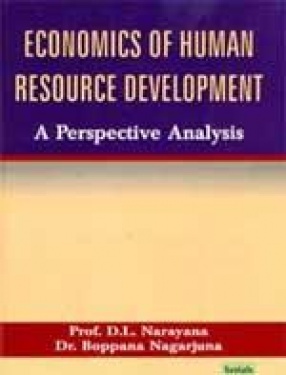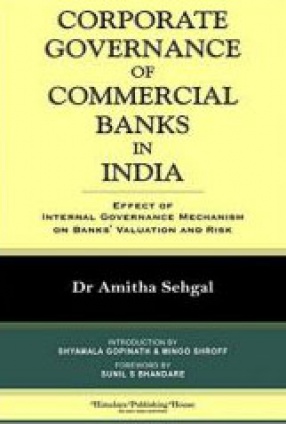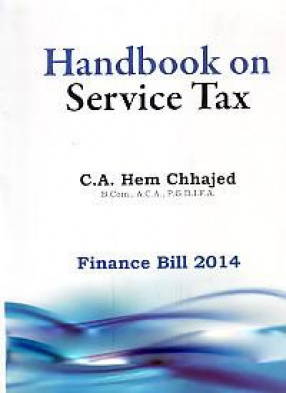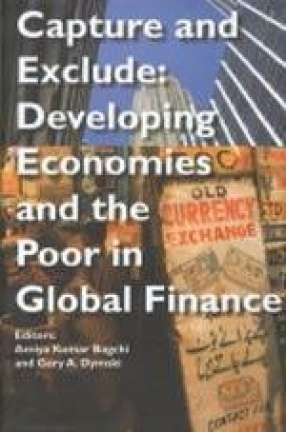As a part of economic integration with the world, India made an attempt to integrate with the rest of the world began economic reforms in 1990s. India, along with many other developing economies chosen the path of economic reforms with an expectation to improve its macro economic indicators, as a result of improvement in internal efficiency in the economy as a whole. After one decade of transition of Indian Economy towards market, there is a dire need to study the economy in order to further initiating more reforms that are called as second generation reforms. The importance of this volume is enormous; it had looked into the sectoral analysis during a decade of reform period, which tried to fill the research gap. As a result of economic reforms Indian economy initiated major initiatives in Macro economic policy issues, Monetary policy related, Trade related policies as a result of WTO being came into existence, Financial sectors reforms, Industrial Policy and Foreign investment policies adopted. Agriculture related policies and Tourism and service sector also studied. This book addressed all the above issues in the post reform period with a great detail and focuses on micro as well as a macro issues with empirical studies and analysed carefully, the impact of economic reforms. This volume essentially focuses on select policy issues with regard to the Indian Economy, comprises a collection of research papers contributed by the eminent economists, reputed researchers and policy makers. The thematic classification of these papers (in eight parts) and the presentation and analysis probed into the inner strengths and weaknesses of the several sectors. The first part deals with Macro economic policy issues, the second part focused on Monetary policy issues, the third part highlights the important aspects is on Trade related aspects, the fourth par throws light on Financial policy issues, fifth part studies on Industrial policy issues, sixth part dealt with Privatization, disinvestments policy issues, seventh part deals with Educational economies and eighth part highlights the important Agricultural policy related, Forestry and Tourism issues etc.
Economics of Human Resource Development: A Perspective Analysis
This book tries to give a ...
$67.50
$75.00






There are no reviews yet.